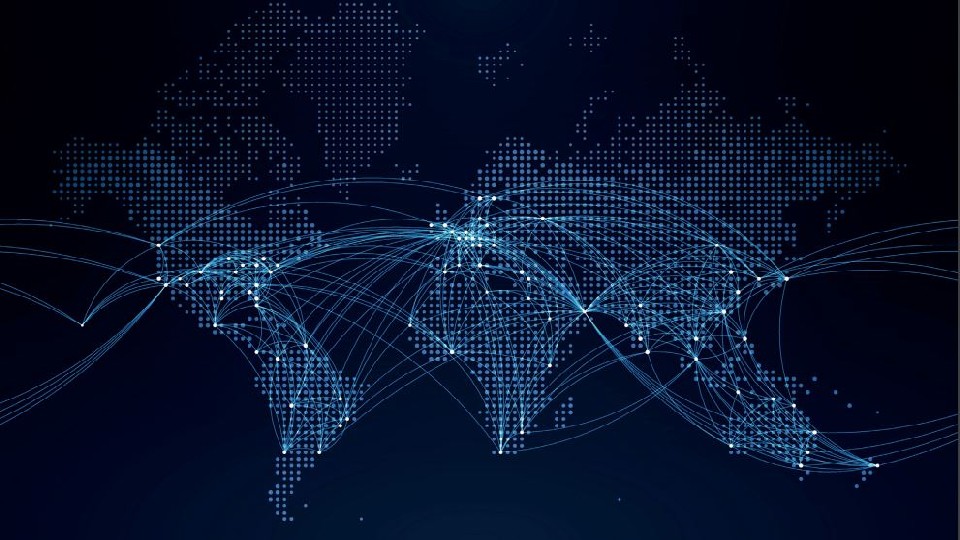208 results found
Featured results



More results
The global competition to accelerate the infrastructure industry has entered the next stage with assessment of all InfraChallenge applications now complete.


Global Infrastructure Hub has launched an international competition designed to disrupt the infrastructure industry through new digitally-driven solutions.
How can cities absorb the influx of people without developing new and more efficient ways of building, transporting, and consuming resources? Without significant disruption across urban infrastructure, the cities of the future will struggle to keep up, much less make progress toward things like mitigating climate change or providing quality education to every student.
Members of the infrastructure community are warmly invited to the launch of InfraChallenge, an innovation competition aiming to accelerate the global infrastructure industry.
Lifelines lays out a framework for understanding infrastructure resilience—the ability of infrastructure systems to function and meet users’ needs during and after a natural shock—and it makes an economic case for building more resilient infrastructure.

This paper, prepared as a sectoral note for the Lifelines report on infrastructure resilience, investigates the vulnerability of the power system to natural hazards and climate change, and provides recommendations to increase its resilience.

This chapter discusses the impact of climate events on various types of digital infrastructure.

This report responds to a request from the Royal Government of Cambodia for the World Bank to assess the current state of its Digital Economy and identify policies such as supporting the development of digital skills and completing regulatory framework.

This report looks into the area of Congqing, benchmarking its performance against other regions within China and outlining pillars to achieve Chongqing's vision and the risks associated with this vision.

InfraChallenge is an innovation competition aiming to accelerate the global infrastructure industry. We are looking for the next digital solution to help solve one of the big infrastructure issues globally. Here are the top 5 reasons to enter.
This paper describes a framework of supply and demand factors that could affect birth registration coverage rates, using data from Latin America, Asia and Africa the paper looks at factors such as social transfer that could impact birth registration.

This book addresses two concerns. First that advanced technologies developed in high-income countries would inexorably lead to job losses of lower-skilled, less well-off workers and exacerbate inequality. Second Policies intended to protect jobs from technology advancement would themselves stultify progress and depress productivity, these are addressed using the output effect subsitution effect framework.

This report reviews the way we build our cities and how this directly impacts the safety of future generations within the context of Japan.

This report provides a view on the Chongqing area and argues three dimensions of connectivity can be improved: physical (infrastructure) connectivity, digital connectivity, and economic integration with nearby areas, the report then provides a strategy on how to carry this out.

This report provides an overview of the economic outlook for the cities covered in the latest Global Cities forecasting service.

This paper analyses the impact of access to the Internet in China on firm peformance using econometric techiques, the paper looks into what aspects of firm performance were affected, what types of firm communication were facilitated, and what dimensions of the new communication medium were relevant.

This paper is intended to capture the main lessons learned from conducting Open Data Readiness Assessments and assisting countries with their implementation.




 InfraChallenge
InfraChallenge






